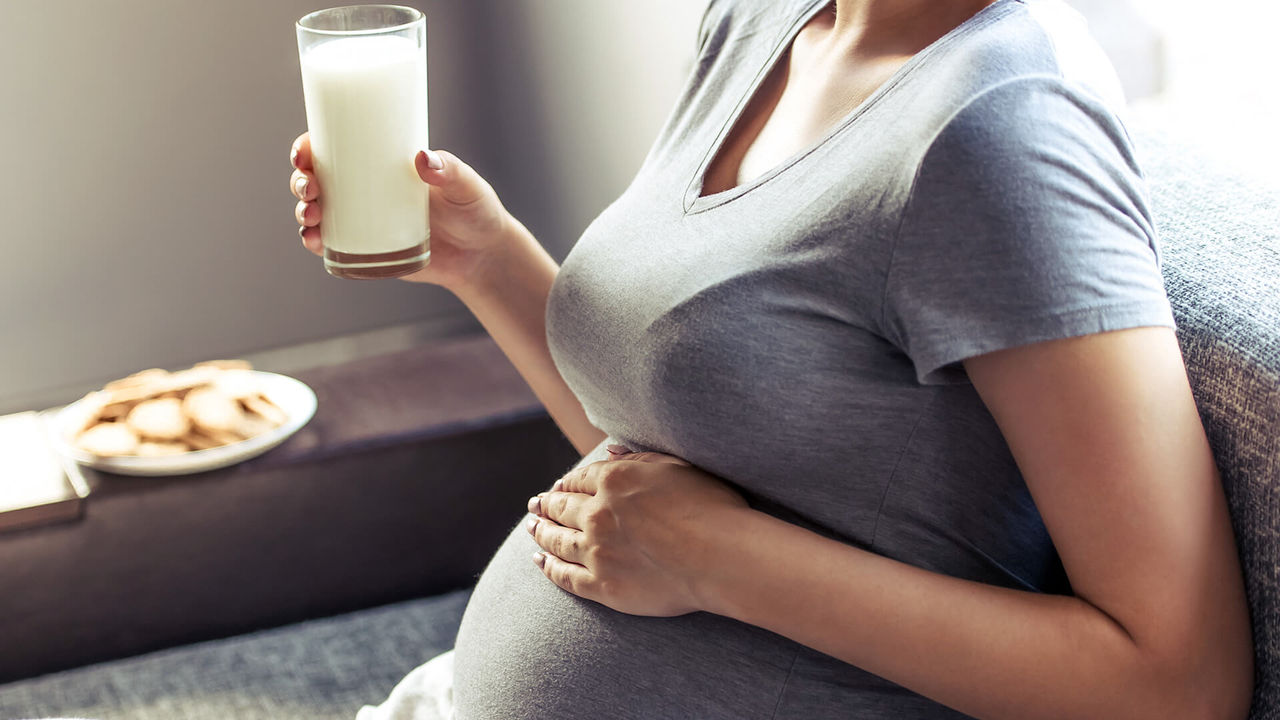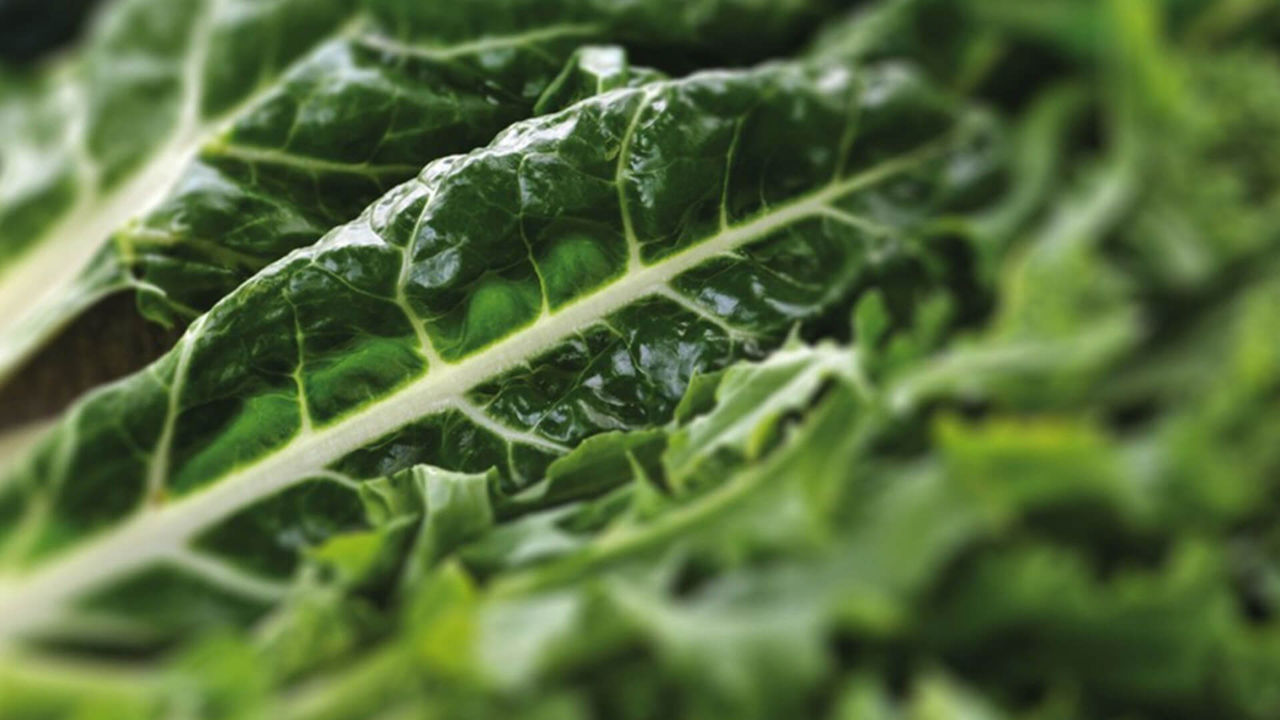- Carbohydrate foods provide essential fuel for you and your baby during pregnancy
- Carbohydrates supply energy through glucose, plus important vitamins, minerals and dietary fibre
- For a steady energy supply try wholegrain breads, cereals, crackers, wholemeal pasta, oats, brown rice, lentils and legumes
The importance of carbohydrates during pregnancy

Key points
Carbohydrate foods provide essential fuel for both you and your baby during pregnancy. They are broken down into simple sugars like glucose. The brain requires glucose as the main source of energy. Glucose easily moves through the placenta and is required for the development, growth and metabolism of maternal and foetal tissues. The glucose provided by carbohydrates is the optimal fuel for the maintenance of maternal and foetal brain function. Additionally, carbohydrates are an important source of folate, a B group vitamin needed for the healthy development of babies in early pregnancy.
Choosing healthy carbohydrates during pregnancy
Foods that contain carbohydrates include breads and cereals, rice, pasta, potatoes, kumara/sweet potato, fruit, milk, yoghurt, cakes, biscuits and lollies. The digestive system will break these carbohydrate foods down into simple sugars, mainly glucose. Some carbohydrates are broken down quickly and can cause a rapid rise in blood glucose levels and some carbohydrates are broken down slowly and release energy over a longer period of time.
For a steady supply of energy during pregnancy and satiety (feeling of fullness), it is a good idea to eat plenty of wholegrain breads and cereals, wholemeal pasta, wholegrain crackers, oats and brown rice as well as lentils and legumes. These carbohydrates will provide a slow release of energy (glucose) and are an important source of vitamins and minerals as well as dietary fibre. You should limit carbohydrates that produce a rapid rise in blood glucose levels and have little nutritional value, such as biscuits, cakes, chocolate, lollies and other refined foods.
The importance of fibre
Fruit and vegetables, wholegrain foods, and potatoes, particularly when eaten with their skin on, are all sources of fibre. Also a carbohydrate, fibre helps to keep your digestive system healthy and regular. This is especially important during pregnancy, when constipation can be a problem.
A note about hygiene with rice and grains
Cooked rice and grains left at room temperature can be a breeding ground for bacteria that can make you ill. To minimise any risk, cook these foods ready for when you need them, rather than preparing them ahead of time and avoid store brought sushi while you are pregnant.

Get in touch with our Careline experts
When your little one is unhappy or unwell you want reliable support from a trusted source. Our Careline team of nutritionists, dietitians and midwives specialise in infant and child health, offering free nutrition, feeding and product information.
Related pages
Every feeding journey is unique
Not every parent can produce breast milk. No matter what choice you make, we will support your unique feeding journey.
We at Nutricia believe in providing the best nutrition for babies, which is why we recognise breast milk is uniquely superior for babies as it provides many benefits. It is important that mums have a healthy diet to support breastfeeding. A decision not to breastfeed, or partial bottle feed, may reduce breast milk supply making it difficult to reverse. The cost and social implications of using feeding methods should be considered. Always seek professional advice about feeding your baby. Ensure formula is used as directed as improper use can affect baby’s health.
REMEMBER: The information on this page is general only. If you have any concerns about your baby’s poo or questions about constipation or any other health concerns, please speak to a healthcare professional, like a Pharmacist, GP or Maternal Child Health Nurse.



